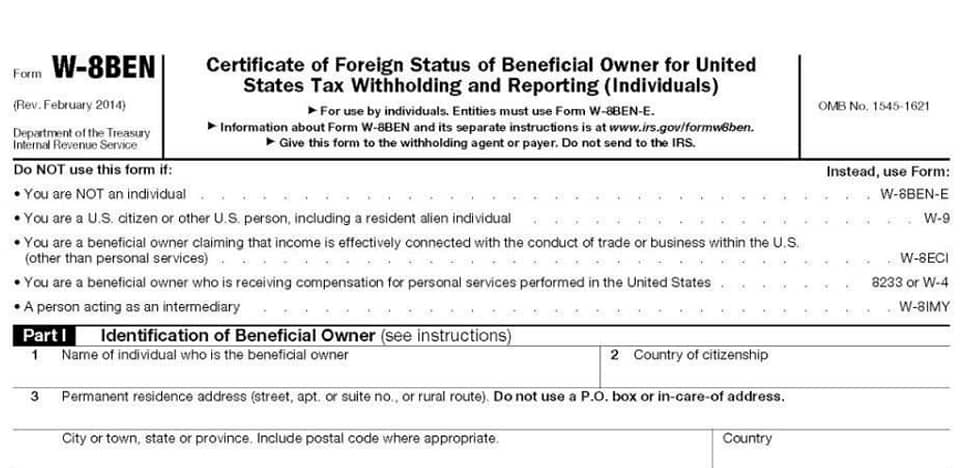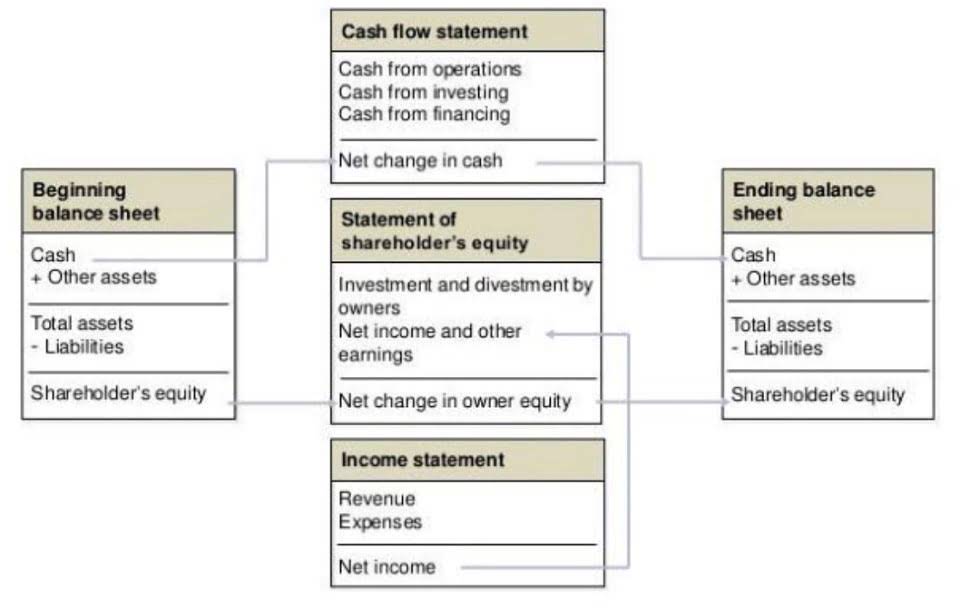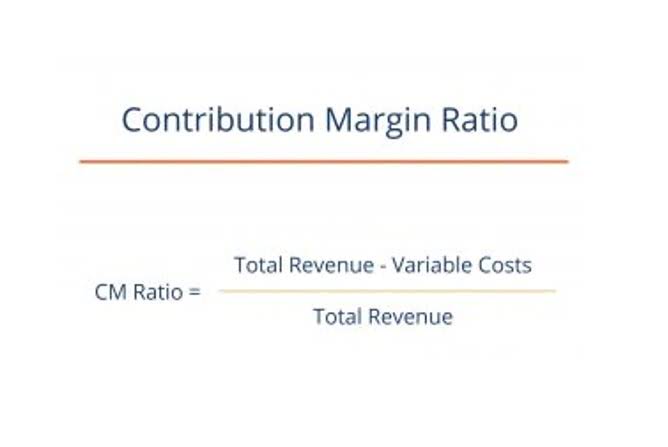
Training programs, such as those provided by the National Council of Nonprofits, help boards fulfill their fiduciary duties. Internal controls safeguard assets, ensure accurate reporting, and promote efficiency. Measures such as segregating duties, conducting audits, and reconciling accounts prevent fraud and errors. For example, separating responsibilities for authorization, record-keeping, and asset custody enhances accountability. Regular audits, whether internal or https://www.jumpingmillelune.it/2022/07/01/florida-inheritance-tax-explained/ external, provide independent assessments, identifying areas for improvement. The Statement of Activities, similar to an income statement, details revenues and expenses over a reporting period.
Government Accountant Salary Analysis

Additionally, this reform agenda requires political leaders to set performance objectives and results, use KPIs and strategic planning, allocate resources, and delegate implementation tasks to lower-level administrative managers 2, 3. One common auditing technique is the risk-based approach, which focuses on areas with the highest risk of material misstatement or non-compliance. This approach allows auditors to allocate resources more efficiently and concentrate on the most significant issues. Auditors also use analytical procedures, such as trend analysis and ratio analysis, to identify unusual transactions or discrepancies that may indicate potential problems.
Essential Government Accounting Standards and Regulations
The Governmental Accounting Standards Board (GASB) establishes principles for fund-based accounting. GASB Statement No. 34 introduced government-wide financial statements, providing a comprehensive overview of a government’s financial position. These statements complement traditional fund-based reports by offering a broader perspective on fiscal health, ensuring stakeholders have access to a full spectrum governmental accounting of financial information for informed decision-making. These audits ensure that public funds are being spent appropriately and that the financial statements of governmental entities are accurate. This module provides a comprehensive understanding of financial aspects in nonprofit organizations. We will create journal entries for basic nonprofit transactions and prepare financial statements like the Statement of Activities and Statement of Financial Position from trial balances.
Resources for Aspiring Government Accountants
These boards establish specific requirements for obtaining a CPA license, including education, examination, and experience 11. One other significant threat to the continuance of GASB is the lack of ongoing funding. However, if funding needs to be secured from elsewhere, the threat to the board’s independence in standard setting could also be jeopardized.
- Outside the GASB, however, critics cite instances of the board overstepping its intended mandate, the added cost to municipalities of GAAP compliance, and unnecessary duplication of effort with some FASB standards.
- Explore the essentials of governmental funds and accounting principles, focusing on fund types, transactions, and financial reporting.
- The CPA designation is a recognized symbol of professional competence and ethical integrity in the accounting profession.
- The main difference between governmental accounting and profit-based accounting is that governmental accounting is focused on public policy, while profit-based accounting is focused on making a profit.
- Additionally, it encompasses the preparation of journal entries, and the necessary adjusting and closing of journal entries.
The OPEB standard 45 requires that governments “account for and report the annual cost of OPEB and all outstanding obligations and commitments related to OPEB in the same way that they report pensions” (Civic Federation, 2006, p. 7). GASB publishes implementation guides that are meant to be a type of Q&A guide that reflects GASB staff’s understanding of board intent. The value of the implementation guides is that they contain an expanded breadth of coverage and can be (and are) updated. The guides are drafted before the standard’s release date and can be quickly edited and released. Comprehensive Implementation Guidelines are released periodically and incorporate related standards that have been updated and edited. The following table shows a side-by-side comparison of the different needs of government versus business in accounting principals (Government Accounting Standards Board, 2006).

Explore the essentials of governmental funds and accounting principles, focusing on fund types, transactions, and financial reporting. Government accountants are employed at all levels of government — federal, state, and local. At the federal level, government accountants manage public funds, investigate white-collar crime, perform financial statement audits for government agencies and conduct research on emerging accounting issues. The practice of public accounting in the U.S. is heavily regulated by both federal and state governments. The primary federal regulator is the Securities and Exchange Commission (SEC), which oversees the financial reporting of publicly traded companies.

Comprehensive Implementation Guides
This standard clarifies the criteria for identifying fiduciary activities and requires governments to report fiduciary funds in their financial statements. Fiduciary funds include pension and other employee benefit trust funds, investment trust funds, private-purpose trust funds, and custodial funds. By providing clearer guidance on fiduciary activities, this standard enhances the transparency and accountability of how governments manage resources held in a fiduciary capacity for the benefit of others. Fund accounting is the cornerstone of government financial management, categorizing resources into specific funds based on their source and intended use.

Do I need a CPA license to work in government accounting?
- Profit-based accounting is not required to follow this same level of transparency and instead is focused on maximising profits for the company.
- The 2012 Census of Governments reported 90,056 local governments in the United States (U.S. Census Bureau, 2013).
- The finance sector encompasses a broad range of activities, including banking, investment, and financial markets.
- This is in contrast to cash basis accounting, which only recognises expenses when they are paid.
- Budgetary comparison schedules within the CAFR compare actual financial results to the legally adopted budget, assessing adherence to financial plans and identifying variances requiring corrective actions or policy adjustments.
The MD&A provides an adjusting entries executive summary of financial results, highlighting factors influencing fiscal performance. Basic financial statements, including the statement of net position, statement of activities, and fund financial statements, present distinct perspectives on the entity’s financial standing. Fund accounting is a specialized accounting method that separates financial resources into distinct funds based on their specific purpose or restriction. This process ensures transparency, accountability, and effective financial management, especially for non-profit organizations and government entities.
- Governmental accounting is the process of recording, classifying, and summarising financial transactions to provide information that is useful in making decisions about allocating resources within a government.
- The notes to the financial statements offer additional context, explaining the accounting policies and significant financial events that impact the reported figures.
- Governmental funds manage and report the financial activities of public entities, each serving distinct purposes and adhering to specific accounting standards.
- Governmental auditing standards are designed to ensure the accuracy, reliability, and integrity of financial reporting in the public sector.
- By following this process, organizations can effectively manage their finances, achieve their goals, and improve their overall performance.
- Accrual basis accounting is essential for long-term financial planning and decision-making.
While a CPA license provides a strong foundation, specialized certifications can significantly enhance your government accounting career prospects and demonstrate expertise in public sector financial management. Public accounting involves providing accounting services to clients such as individuals, businesses, and government entities. The key players in this field are Certified Public Accountants (CPAs), who are licensed by state boards of accountancy after meeting education, experience, and examination requirements.
